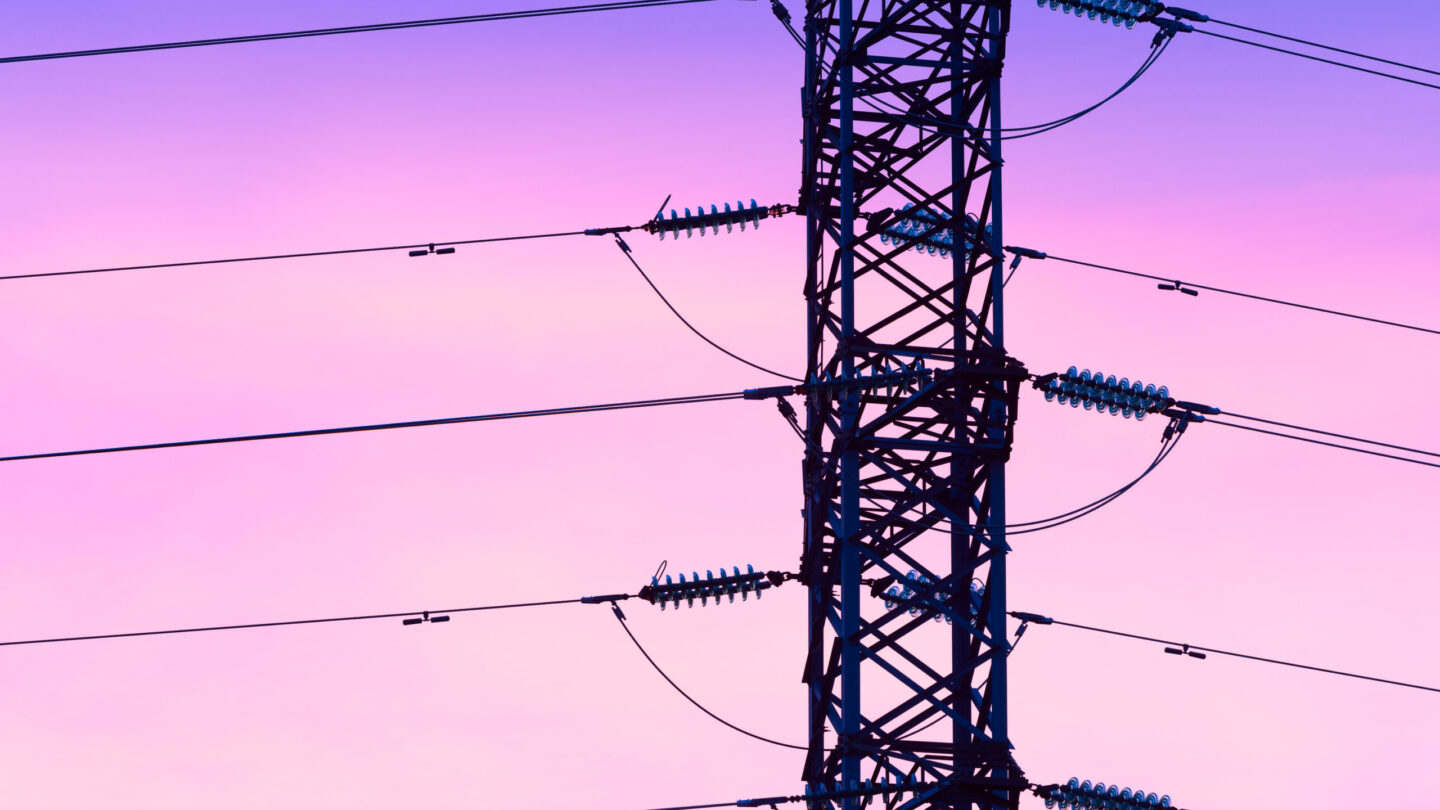A busy year on the electricity market
As ever, EPV Energy Management was closely involved in EPV’s projects in 2022, taking care of the interfacing of investment projects with energy management. At the end of the year, the new Norrskogen wind farm in Närpes was integrated into the balancing management of the Operations Centre. In addition, the Operations Centre also took charge of the electric boiler and district heating battery completed in the Seinäjoki power plant site.
In the midst of the challenging energy environment, the collateral requirements of the clearing house eSett Oy, which carries out balancing settlements for electricity exchange and wholesale market participants, were high in 2022. EPV has been actively involved in lobbying, both independently and through energy lobby organisations, to ensure that the excessive collateral model would be made more reasonable in certain situations.
“We made concrete proposals to improve the clearing house’s collateral model. High price ceilings in the hourly market, even for just a few hours, quickly lead to substantial, long-term collateral requirements in collateral calculations. In an extreme situation, the model may increase the risk of a potential power shortage if producers of electricity are excluded from the electricity market at the very moment when all possible generation is needed in the power system. EPV has been a driving force in changing the system together with other operators in the industry,” says Reima Neva, Vice President of EPV Energy Management business area.
Optimising district heat production in Seinäjoki
A 40 megawatt (MW) electric boiler and a 400 MWh district heating battery were completed at the Seinäjoki power plant site in early autumn 2022 and they were in operation as planned for the rest of the year.
“The electric boiler acts as a flexible element in the optimisation of district heat production in Seinäjoki. The optimisation involves calculating how much other heat production in the power plant should be replaced by the boiler at different times. It is also worth storing heat from time to time in a district heating battery for later use. As a rapidly adjustable device, the electric boiler can also be used to flexibly participate in the different types of reserve markets operated by the transmission system operator Fingrid.”
Several projects underway
EPV is planning to build its first industrial-scale solar farm in Heinineva, Lapua. As in previous years, EPV Energy Management was involved in its planning in 2022.
“Continuing our work from 2021, we have been investigating how best to connect the solar farm to EPV’s balance management system once it is completed. Electricity generation needs to be monitored and predicted hour by hour, but sunshine is more difficult to predict accurately. That is why we need to look at how to manage deviations on the intraday market. In addition, Powerheat Solutions Oy’s services, which are currently in the launch phase, will allow us to offer sector coupling expertise and systems on the market more broadly,” Neva says.
In 2021, EPV decided to acquire its own SCADA (Supervisory Control and Data Acquisition) system, which perfectly supports its New Electricity Revolution® Strategy. The system is used, for example, to monitor and control electricity generation, transmission and distribution, as well as various industrial-scale electricity applications. The SCADA system roll-out project is underway, and the aim is to have the system in place by the end of 2023.
“Implementing the SCADA system is one of the ways in which EPV Energy Management is preparing for the future. In addition to zero-emission energy production, EPV’s strategy focuses on expanding into new areas. These areas will optimise not only electricity production but the more complex entity of both electricity and heat that includes flexible production and consumption management,” Neva explains.
Cybersecurity was further advanced
The strategically important role energy plays in society makes it a potential target for different types of actors. The intensified geopolitical situation has led to an increase in attacks on energy companies and their partners over the year. Unfortunately, the use of AI is also expanding as a tool for cybercriminals, creating new challenges for the protection measures required.
“EPV continued to involve cybersecurity in all its activities in 2022. Cybersecurity must already be taken into account at the project planning stage, and maintained and developed throughout the operational stage,” Neva says.
In 2022, the coronavirus pandemic subsided and EPV was again able to intensify cooperation with power plant suppliers, including bilaterally through longer workshops designed to improve cybersecurity. It was also possible to organise practical training for crisis preparedness in the form of workshops.



